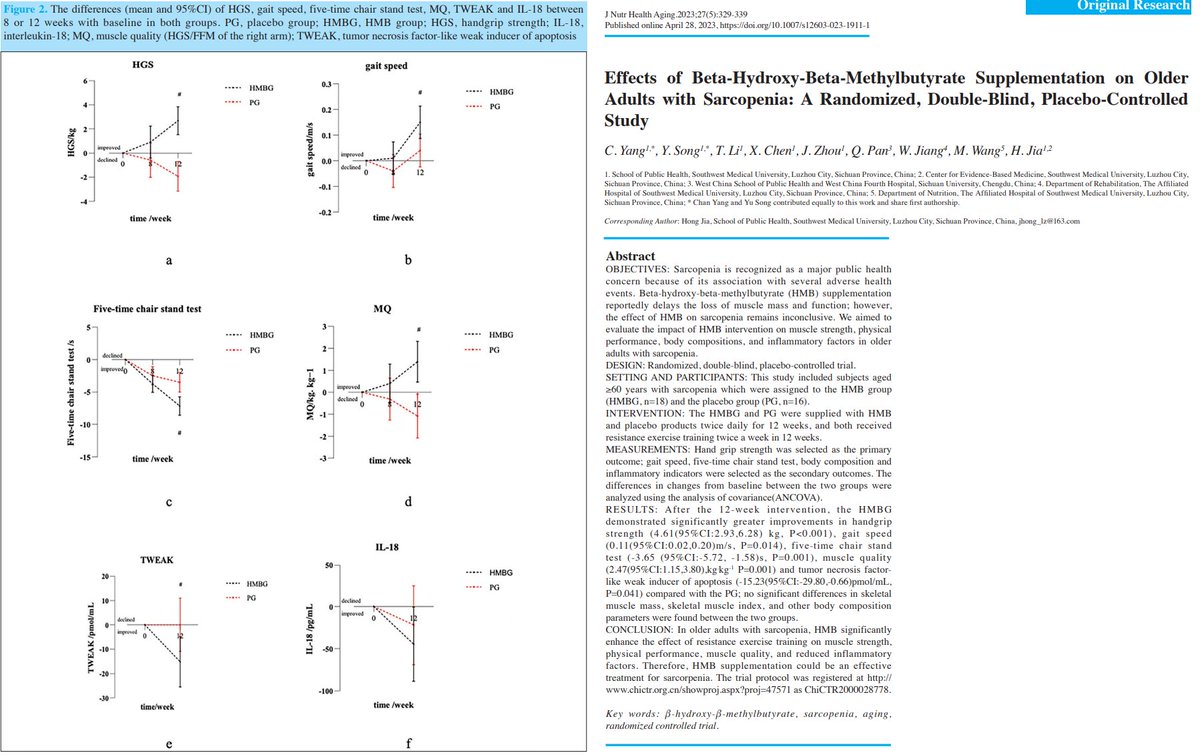Using linear and non-linear Mendelian randomization analyses, this one suggests that a higher adiposity, as measured by BMI, is causally associated with an increased risk for rheumatic disease, an effect that is more pronounced in women for both gout and psoriatic arthropathy. 

- A genetic predisposition to high BMI is was found to be causally linked to a higher risk of developing psoriatic arthropathy and inflammatory spondylitis.
- For psoriatic arthropathy and gout, sex-specific effects were observed, and for osteoarthritis, the effect of BMI was stronger in premenopausal compared to postmenopausal women.
- Gout and osteoarthritis showed causal effects of BMI that varied across the BMI range, a variation that also differed between sexes for gout.
- Previously identified causal effects of BMI on risk of developing rheumatoid arthritis, osteoarthritis, and gout in all individuals were confirmed.
Body Mass Index and the Risk of Rheumatic Disease: Linear and Nonlinear Mendelian Randomization Analyses (open access)
doi.org/10.1002/art.42…
#Obesity #InsulinResistance #MetabolicSyndrome
doi.org/10.1002/art.42…
#Obesity #InsulinResistance #MetabolicSyndrome
• • •
Missing some Tweet in this thread? You can try to
force a refresh

 Read on Twitter
Read on Twitter








